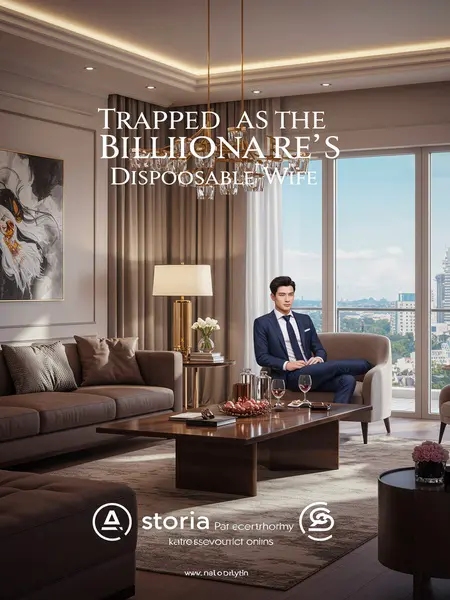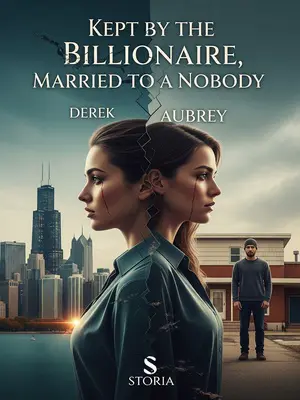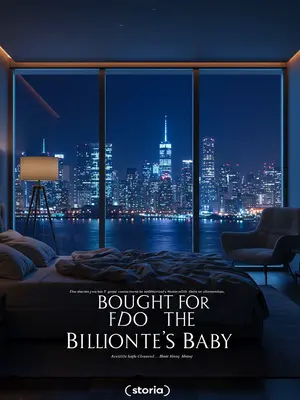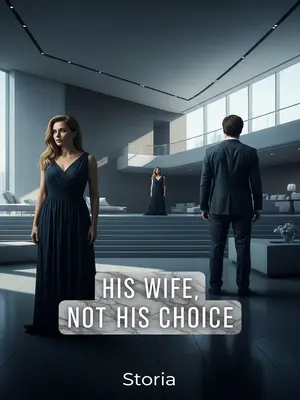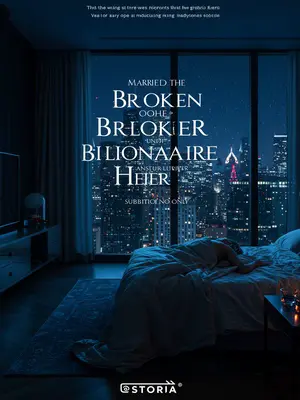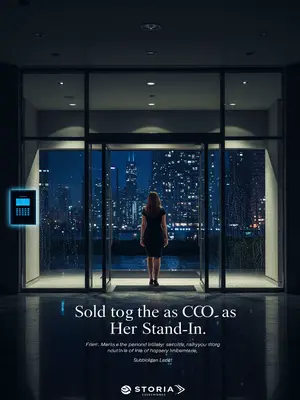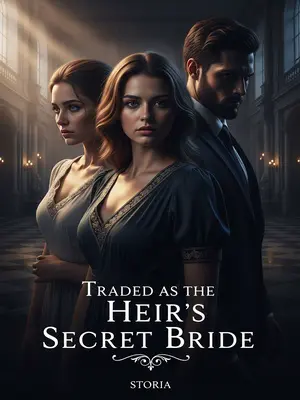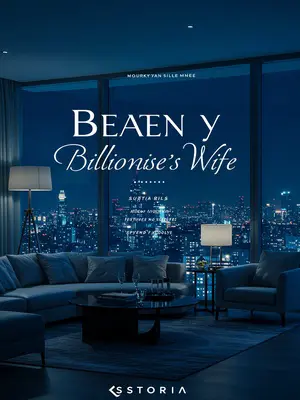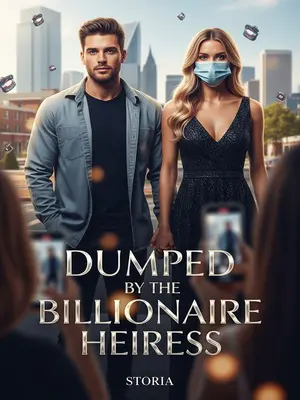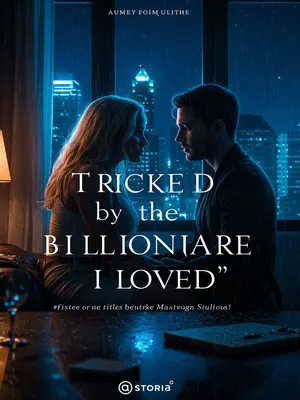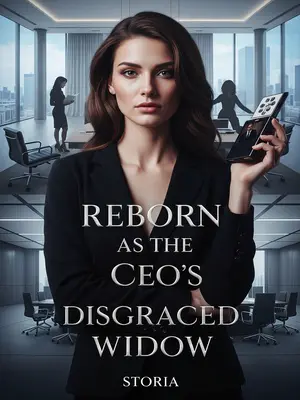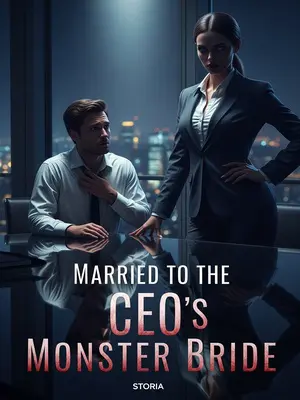Chapter 9: The Children’s Center and Old Wounds
After starting college, I volunteered at the children’s center every month.
It was my anchor, my way of giving back. The walls were painted with bright murals, and the staff greeted me like family.
Even after marrying Marcus—even with my unhappy marriage—I never gave up this habit.
It gave me purpose. It reminded me there was life outside the Ellison mansion—real, messy, beautiful life.
I’d even save up the living expenses Marcus gave me and donate them to the center.
Every dollar mattered, and I found satisfaction in every little contribution. It felt like reclaiming my own dignity.
Because I’m an orphan myself.
That label never really leaves you, no matter how old you get. It’s always there, a shadow at your heels.
I grew up in the foster system until I was eight, when I was adopted by a grandmother.
Eight long years of caseworkers, temporary homes, and other kids who knew the drill. Then, finally, a home with Grandma Carol.
Grandma Carol was a retired teacher.
She taught me how to spell my name, how to bake cornbread from scratch, how to keep my chin up when the world felt impossible.
She treated me well.
Her kindness wasn’t flashy, but it was steady—like the sunrise, or the smell of fresh coffee in the morning.
My tuition and living expenses were all saved up bit by bit from her salary and Social Security checks.
We’d clip coupons, shop at Goodwill, and celebrate big occasions with homemade cake. Money was always tight, but love never was.
So after I grew up, I followed her example and went to the center to help kids like I once was.
Every smile, every hug, every thank you from a child made it worth it.
There weren’t many young people volunteering at the center.
Most folks my age were too busy with internships or climbing the corporate ladder. I didn’t mind standing out.
So the tall, handsome Jonathan really stood out.
He walked in like he owned the place—confident, polished, but with a softness in his eyes. Even the kids stared.
At first, as Marcus’s friend, I just wanted to keep my distance.
Old grudges die hard. I remembered every word he’d said about me, and I wasn’t eager to get chummy.
After all, I’d heard every word he’d said to Marcus about me.
It’s funny how a stranger’s opinion can cut deeper than you expect.
But unexpectedly, Jonathan approached me himself.
He didn’t hesitate, didn’t wait for an introduction. He just strode over, hand outstretched, a slight smile on his lips.
His firm was planning an event for autistic children with the center, so he came to me for information about the kids.
His questions were thoughtful, detailed. He genuinely wanted to help, and for a moment, I forgot he was Marcus’s friend at all.
Although I didn’t like him, it was a good thing for the center, so I answered all his questions.
We talked for almost an hour—about therapies, favorite snacks, how to make the kids feel safe. His notebook filled up with scribbles.
Finally, I asked, “Any more questions?”
My tone was businesslike, maybe a little cold. I didn’t want him to think I’d forgotten.
He stared at me for a long time.
His gaze was steady, searching—like he was trying to see the real me, not just the rumors.
“Mrs. Ellison, thank you for your help. May I treat you to a meal?”
He said it formally, almost old-fashioned. The offer hung between us, tempting and dangerous.
I should’ve refused. First, I’m married. Second, he’s my husband’s friend, and once called me materialistic behind my back.
But when Jonathan said he wanted to treat me to barbecue, I couldn’t help but swallow.
The smell of smoke and grilled meat flashed through my mind, and suddenly I realized how hungry I was—for more than just food.
